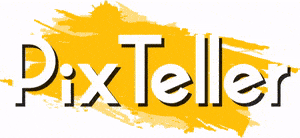Data-Driven Roadmaps: Prioritizing Investments in Veracode Alternatives
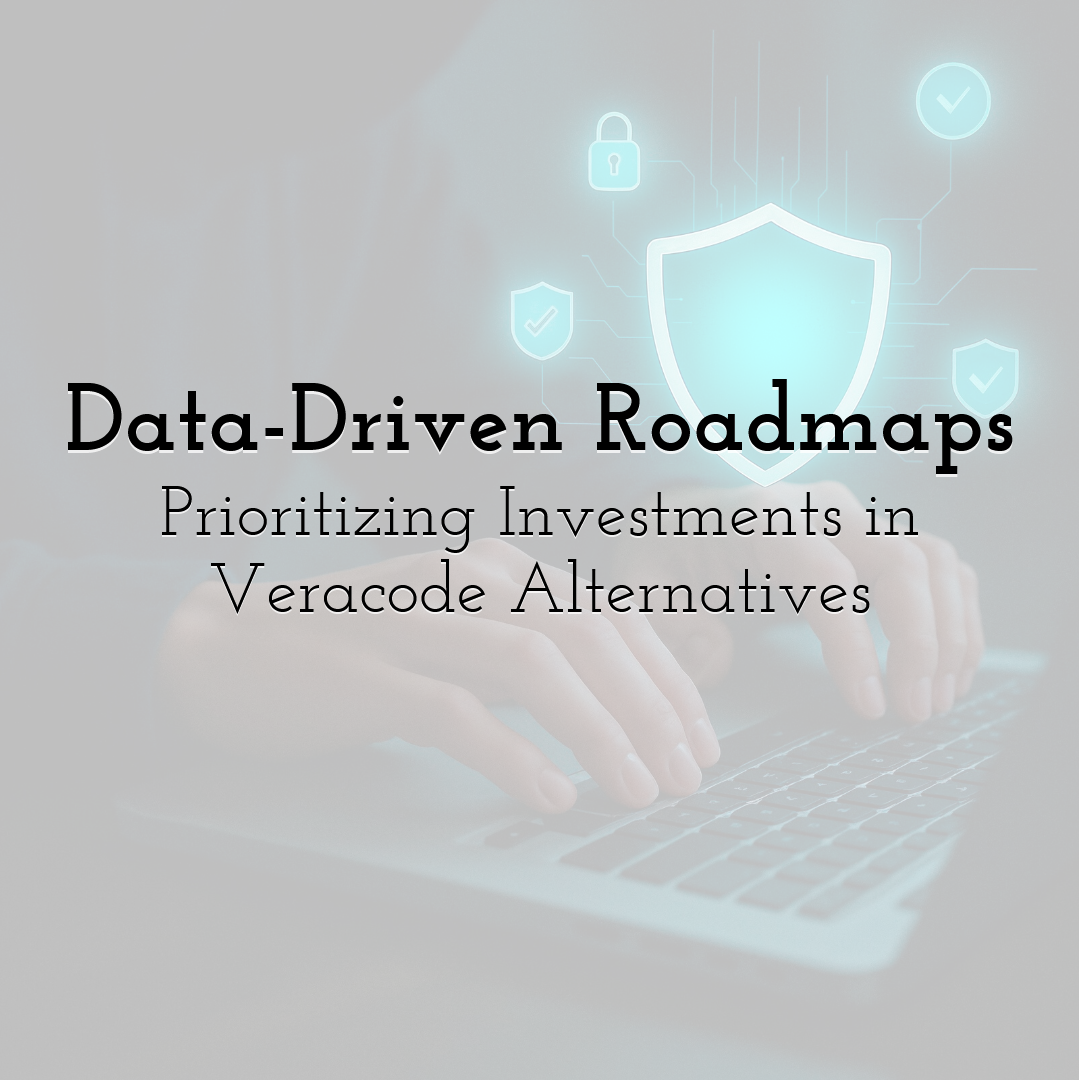
Security can’t be treated as something optional when you’re working with code. A secure environment contributes to trust, compliance, and long-term growth. But, of course, when you’re in business, you know why security matters. The challenge is figuring out where to invest to have the best protection.
You can’t add tools blindly, hoping that at least one of them will do the job right. Your priority should be the platforms that bring a measurable impact and clear insights into your framework.
But choosing the right platform is another challenge. There are so many tools that scan, provide compliance dashboards, and integrate with CI/CD. So, it all comes to one thing: data.
The Best Data-Driven Veracode Alternatives in 2025
A great step to making data-driven decisions is to explore the best Veracode alternatives that can bring a smarter approach to security. You'll see how you change the way you plan your budget, evaluate ROI, and communicate progress. So, we've researched and made a list of top tools that can help you make better decisions.
1. Aikido
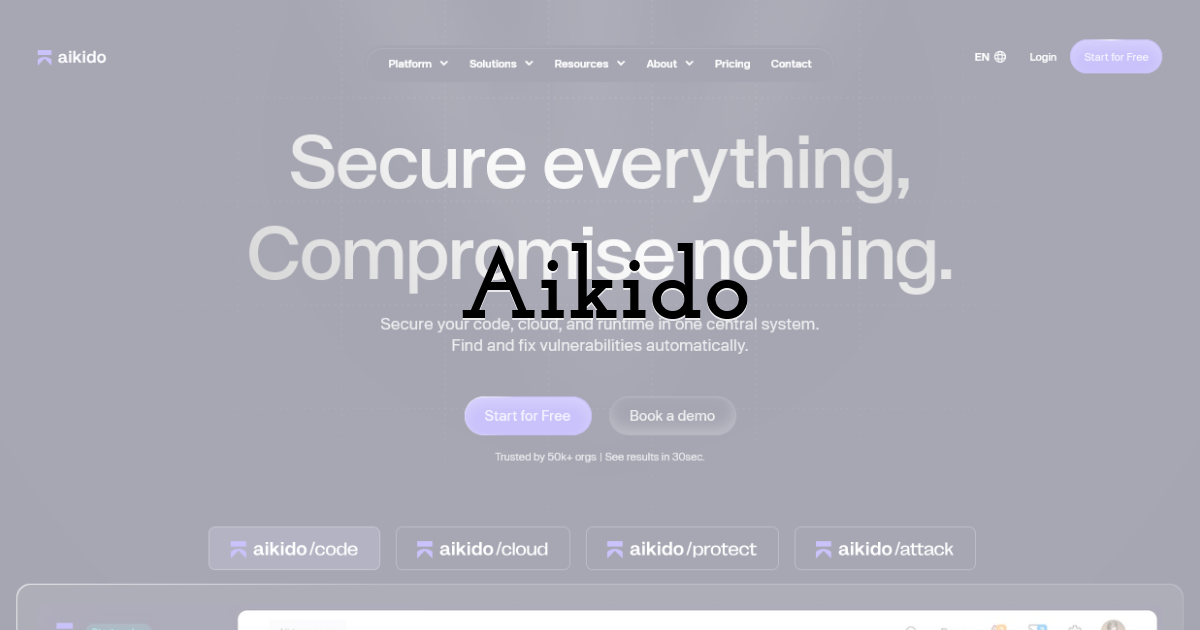
Aikido has every tool to give you the best security. In one lightweight platform, you’ll have SAST, SCA, secret scanning, cloud configuration checks, container security, and more. Its standout feature is the developer-first philosophy. The platform finds the breaches and, instead of lengthy reports, provides you with actionable insights, so you know how to fix them all.
Key Features
- • Covers the domain completely. Every SAST code issue, API-key leak, dependency, and license risk, DAST, IaC, and runtime protection, will be scanned and reported.
- • Eliminates repeating data. You won’t have any duplicate issues because similar ones are grouped, saving storage and time.
- • Automatic filtering. Some issues don’t actually affect you, so you won't have to bother about them.
- • Lets you set custom rules. You can make the rules about missing issues, so you won’t see anything irrelevant, but still be alerted when there’s something critical.
- • AI fixing. Some of the problems will be resolved in the background with the AI agent to make your life easier.
- • Solves issues in bulk. As it was mentioned before, the platform merges similar problems. And those can be solved with one click.
- • Summarizes complex problems. For complex issues, you’ll get TL;DR summaries that won’t only explain, but also suggest ways of correcting them.
Pricing: Aikido has packages ready for anyone:
- • Free for devs and curious minds,
- • Basic ($350/month/10 users) for small teams,
- • Pro ($700/month/10 users) for growing teams,
- • Advanced ($1050/month/10 users) for advanced needs,
- • Enterprises get custom prices,
- • Startups get 30% discounts.
2. Checkmarx
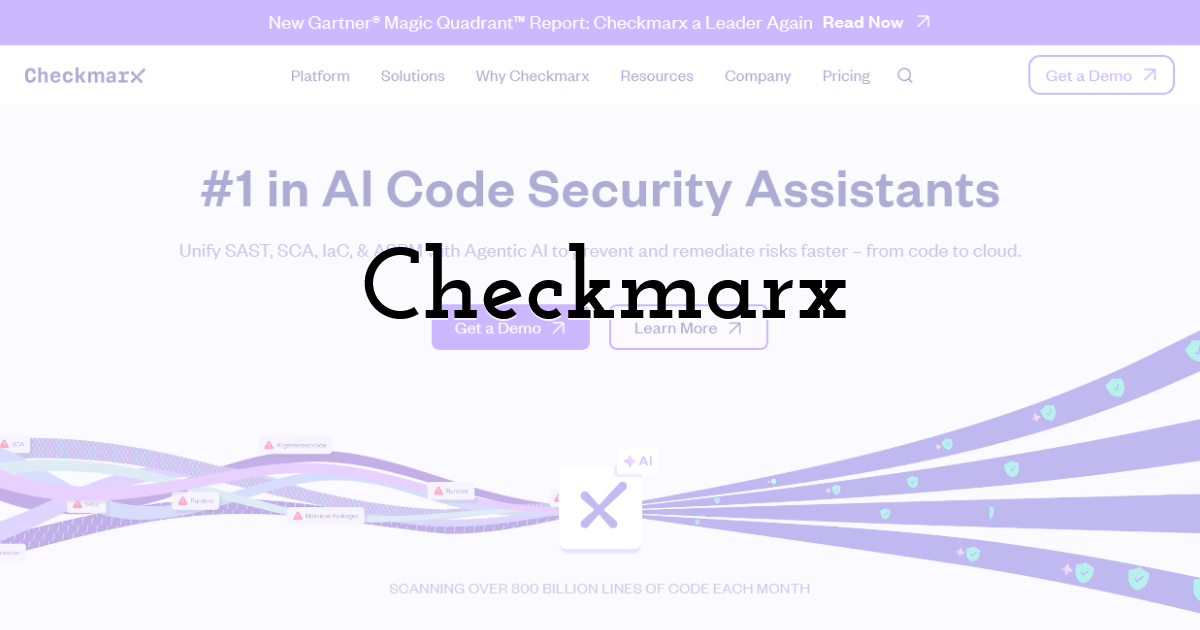
Checkmarx is built for in-depth analysis and flexibility. It scans millions of code across complex repositories and gives you vulnerability graphs, policy enforcement, and secure coding analytics.
Key Features
- • Vulnerability filtering and prioritization. You only see what actually impacts your platform, so you won’t spend time on unnecessary junk.
- • Agentic AI remediation. You go from found to fixed faster than ever, keeping your platform running like clockwork.
- • Integrated security. The platform connects smoothly with your development process, so devs can write, review, and fix code without switching context.
Pricing: There are no listed prices on the website, so you can consult to get a Custom Quote.
3. Snyk
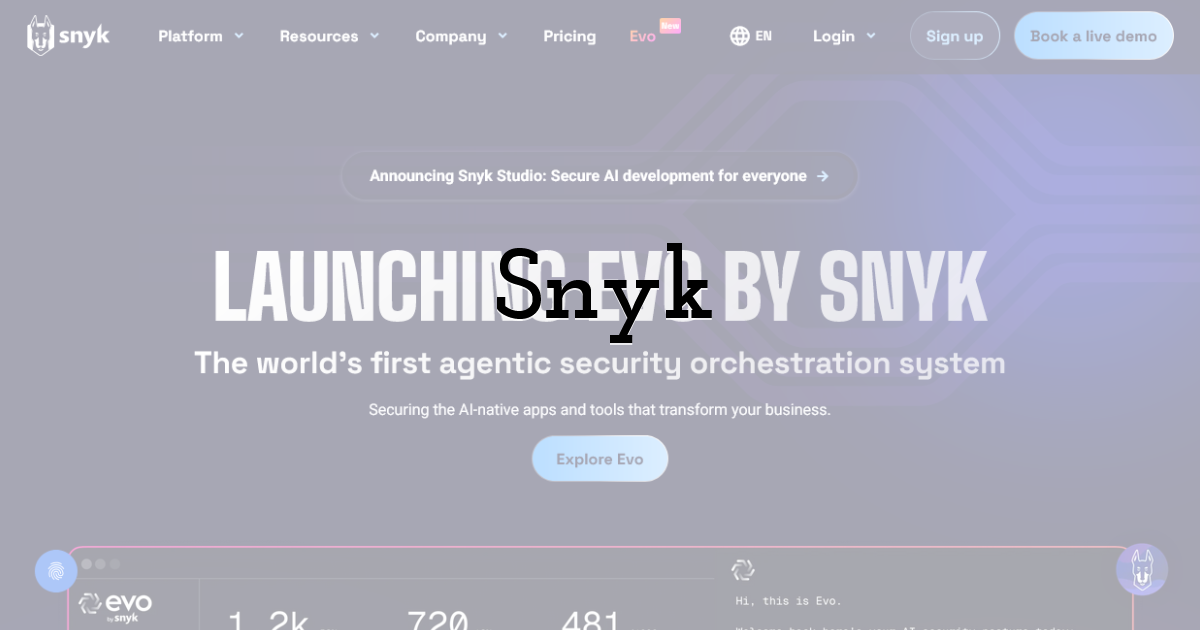
Snyk is a widely adopted tool for developer-first security. It scans dependency, container/laC, integrates in many coding languages, and has excellent developer tooling. With proactive, AI-powered security, it monitors everything in your infrastructure.
Key Features
- • Quick agentic fixing. Their SAST tools scan and fix everything so fast that you don’t even realize it.
- • Open-source security tools. The advanced SCA is backed by a comprehensive vulnerability database that makes scanning more precise.
- • Automatic detection of vulnerabilities. The AI-driven DAST engine integrates into your SDLC and exposes the issues at the starting point.
Pricing: Snyk offers:
- • Free plan for individual devs,
- • Team plans, starting at $25/month per dev,
- • Enterprise plan, with custom pricing.
4. GitHub
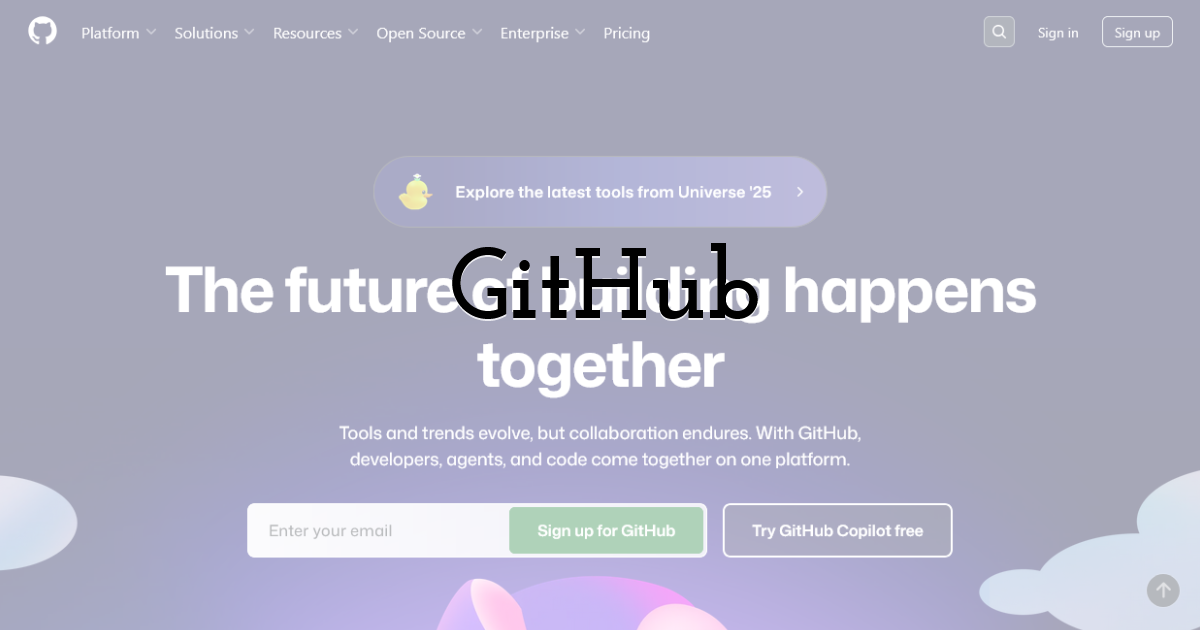
GitHub integrates directly into the dev environment. It focuses on protecting you from data leaks and gives instant feedback before the code goes live.
Key Features
- • Push protection. You can block leaks before they reach your repositories, so your code is clean and the workflow runs smoothly.
- • Automatic security checks. All your data is checked and analysed to find security issues in real time.
- • Remediate at scale. You get alerts when there’s a breach, with contextual explanations and AI-powered fixes.
Pricing: GitHub has:
- • Free package to try the platform,
- • GitHub Secret Protection package, starting at $19/user/month,
- •GitHub Code Security package, starting at $30/user/month.
5. SonarQube
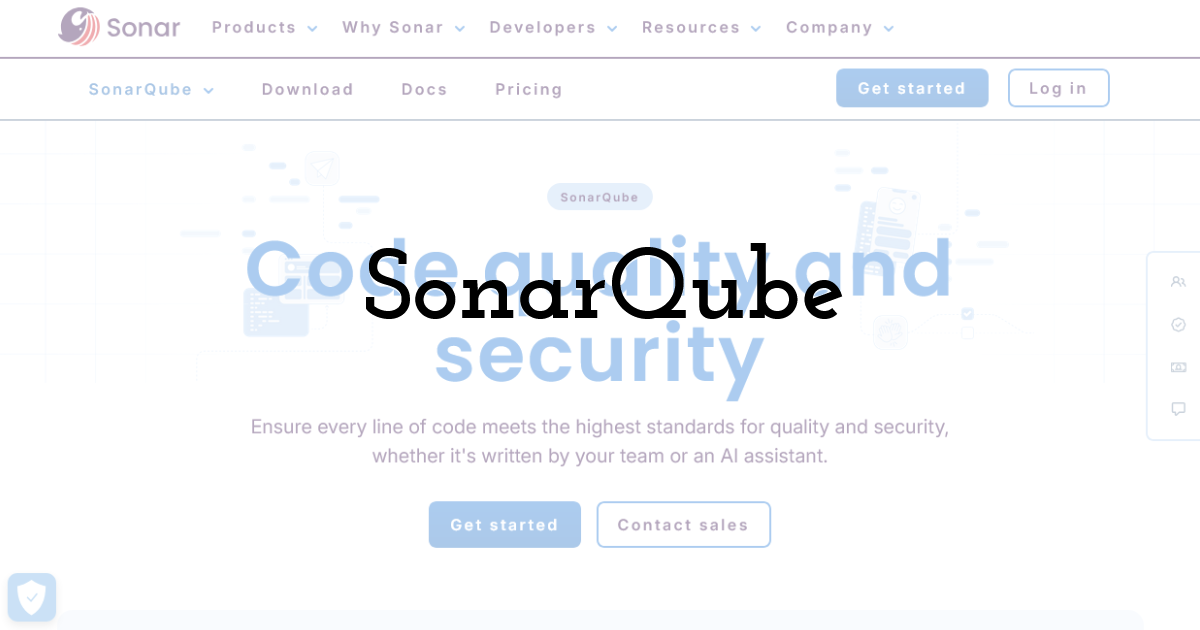
SonarQube keeps an excellent balance between code quality and security scanning. It gives developers deep insights into bugs and vulnerabilities, so it’s easier to identify and fix.
Key Features
- • Automatic code review. As soon as the code is written and pushed, it’s scanned for breaches, and you’re alerted.
- • Release production. Their Quality Gate feature lets you find out if your app passes or fails the release criteria.
- • Risk assessment. You’ll see all the operational, reputational, and security risks across the entire application portfolio with governance features.
Pricing: SonarQube includes:
- • Free package to try it out,
- • Team package, which starts at $65/month (and you’ll have a 14-day trial, too),
- • Enterprise package with custom pricing.
Final Thoughts:
Businesses used to think of program security as something separate from their product, engineering, and analytics. And now it has finally caught up with the rest of modern development. It’s a measurable function tied directly to platform performance and growth.
Modern security systems work fast, are data-informed, and are actually designed for real impact. They don’t just protect you. They filter out vulnerabilities and prioritize them according to how they affect your workflow. And what actually makes modern systems better is that they are all-in-one platforms. So, no need to integrate several systems that can end up in a mess.
Security investments always pay off. Not by adding more tools. But by finding the one that does it all at once.
Until next time, Be creative! - Pix'sTory
Recommended posts
-

How AI Is Transforming Video Creation for Everyone
Read More › -
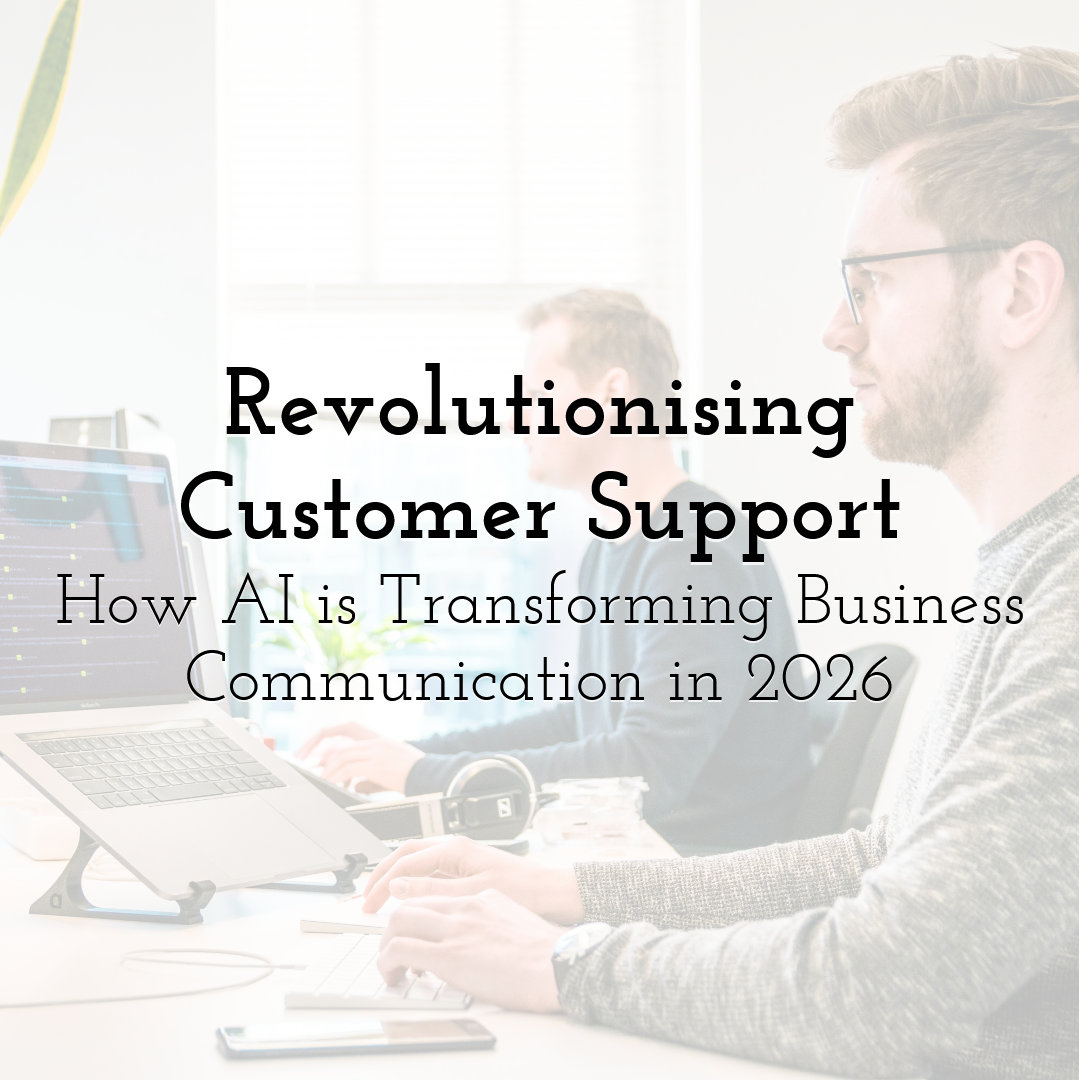
Revolutionising Customer Support: How AI is Transforming Business Communi...
Read More › -

The Future of Visual Merchandising: How AI and Image Recognition Will Cha...
Read More › -

5 Common Redaction Mistakes Companies Make - And How AI Can Fix Them
Read More › -

Why AI App Builders Are Becoming the Ultimate Business Partner for Artist...
Read More › -

Data-Driven Roadmaps: Prioritizing Investments in Veracode Alternatives
Read More ›
